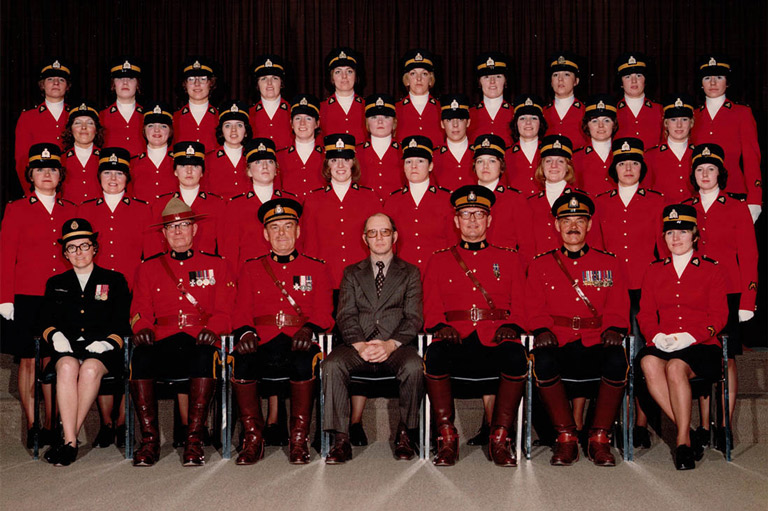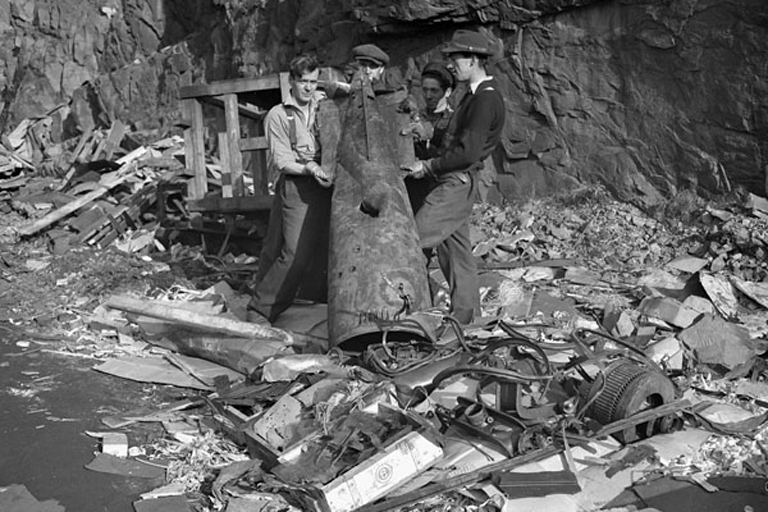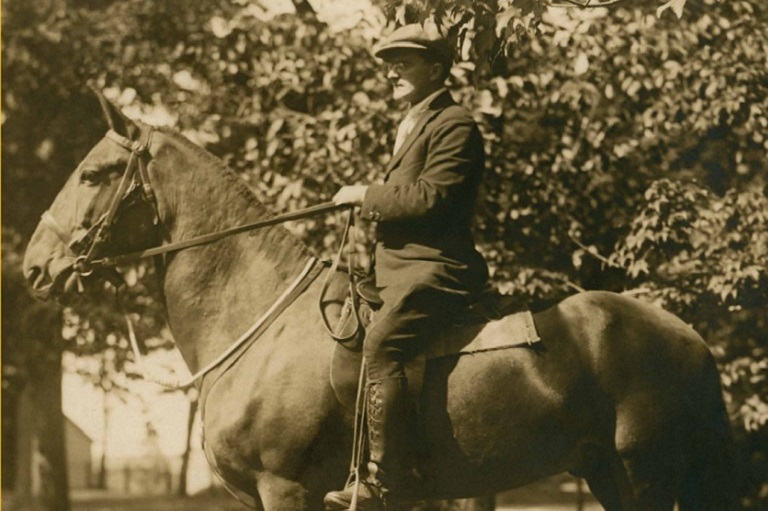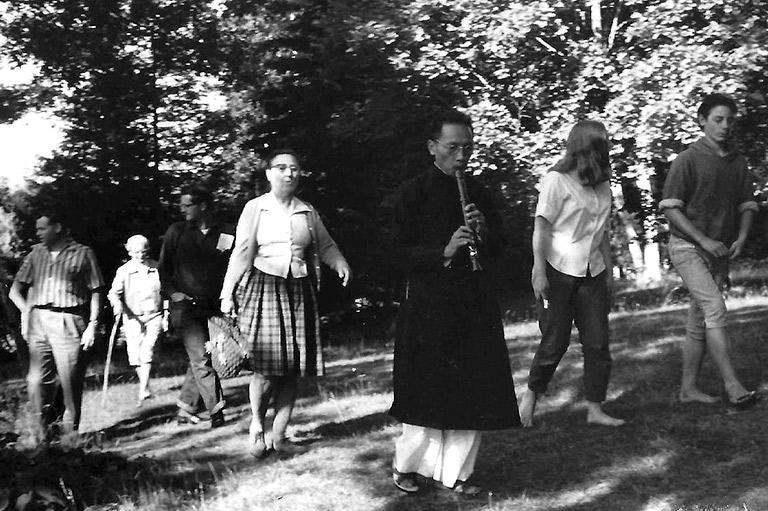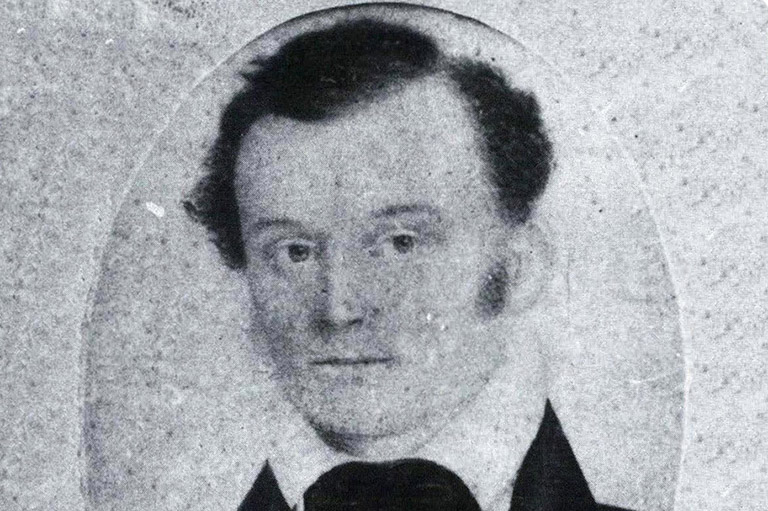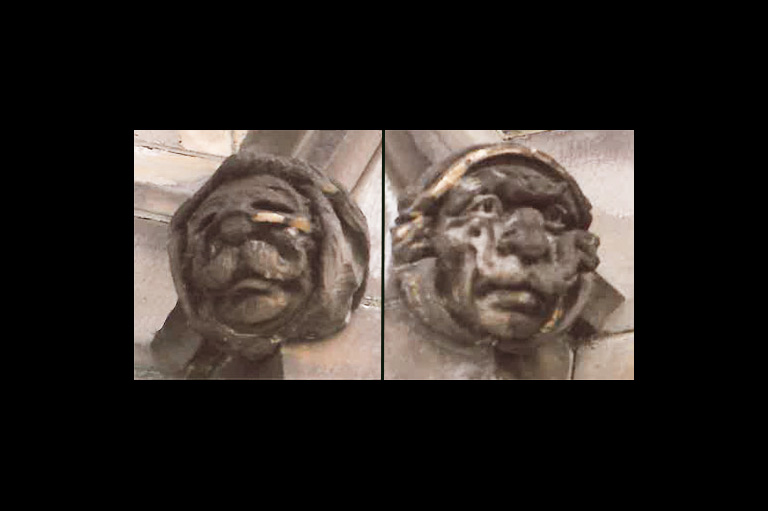Discover a wealth of interesting, entertaining and informative stories in each issue, delivered to you six times per year.
Canada's War on Terror: The Early Days
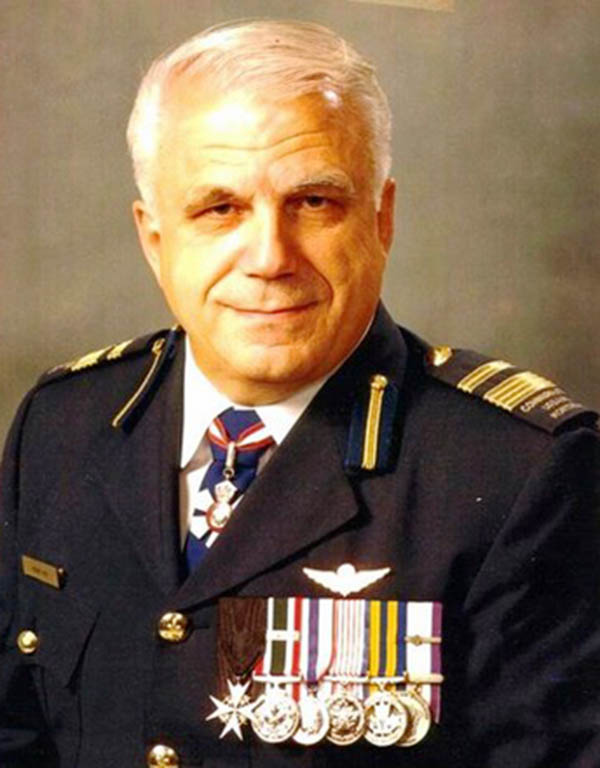
From 1963 to 1970, radical separatists in Quebec staged an escalating series of violent incidents in Montreal that culminated with the October Crisis of 1970.
During that period, bombings — actual and threatened — were a regular occurrence in Montreal and area. This was all new to Montreal police, who were forced to become overnight experts in how to dismantle homemade bombs.
They, along with the RCMP, provincial police, and the military turned to the Royal Canadian Engineers for training. The military engineers were the terrorism experts of the time — they had responded to many incidents of bombing and arson carried out by the Sons of Freedom Doukhobour sect in British Columbia.
After three weeks of training and almost no equipment, the newly formed Montreal Police Bomb Squad went to work in the spring of 1963.
“The first wave of bombings lasted about two months and during that time the first fatal bombing took place and the first arrests were made and we thought that it was over and the city was ready to dismantle the bomb squad,” said Robert Côté, former commander of the bomb squad.
“But we were surprised six months later, this time, not with bombs but with raids at military establishments where hundreds of rifles and armaments were stolen.”
In its early days, the bomb squad had to improvise. For instance, Côté recalls handling dynamite bombs with his bare hands. He admits he was “very, very lucky.”
From 1963 to 1970, Montreal force faced five waves of terrorism. The targets were often federal buildings or mailboxes in wealthy residential areas. Côté said that with each new wave, the bombs became progressively larger. By 1980, the bombs contained as much as 150 pounds of dynamite. He said about a third of the dynamite bombs planted by terrorists were dismantled by police or failed to go off.
After seven years, the situation came to a head with the kidnappings of British diplomat James Cross and provincial minister Pierre Laporte in October of 1970. The federal War Measures Act was enacted and the Canadian army stepped in, providing held to overworked local police. Laporte was killed, hundreds were arrested, and Cross’s kidnappers received safe passage to Cuba in exchange for releasing Cross.
“Many people believe that the October Crisis was an event by itself. In fact the October Crisis was the culminating point of a seven-year long period of terrorism in Montreal,” said Côté.
Themes associated with this article
You might also like...

Canada’s History Archive, featuring The Beaver, is now available for your browsing and searching pleasure!


